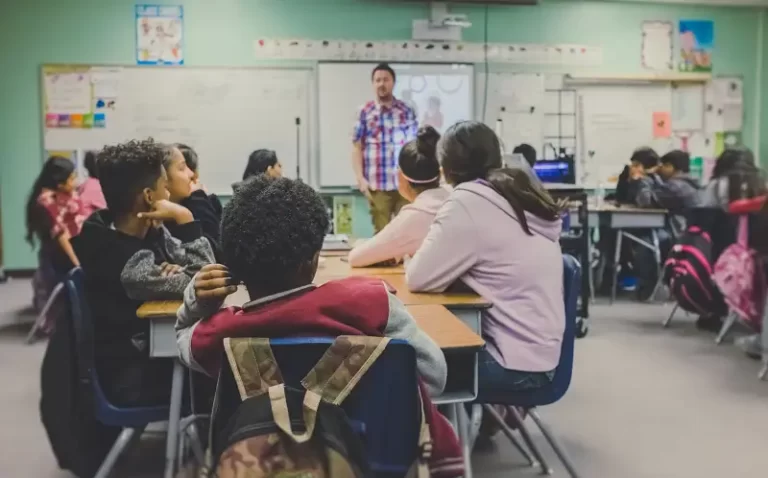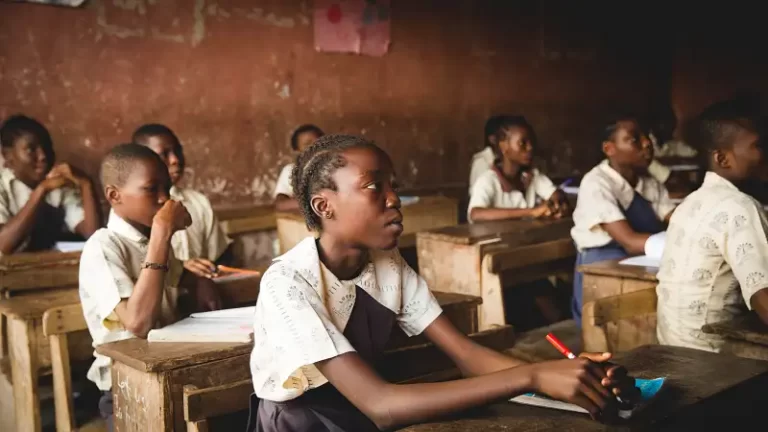
Educational Credentials
Educational credentials play a crucial role in modern society, functioning as significant markers of individual competence, social status, and economic potential. Sociologically, they can be understood as a key component in the processes of social stratification, mobility, and inequality. This essay outlines and explains the concept of educational credentials, exploring their historical development, theoretical underpinnings, and contemporary implications.









